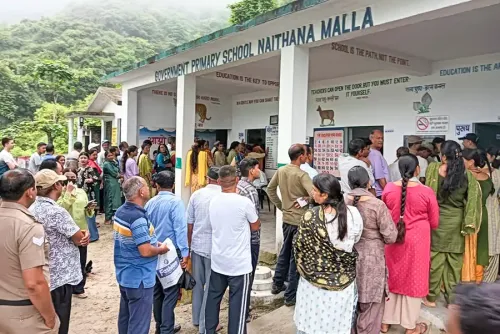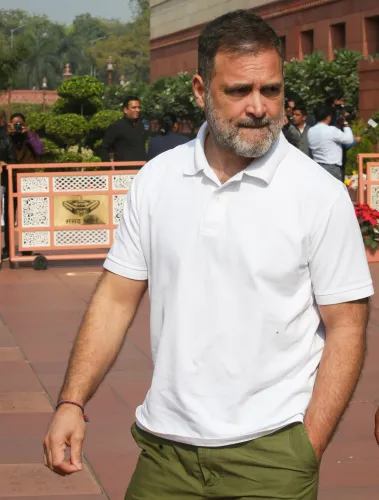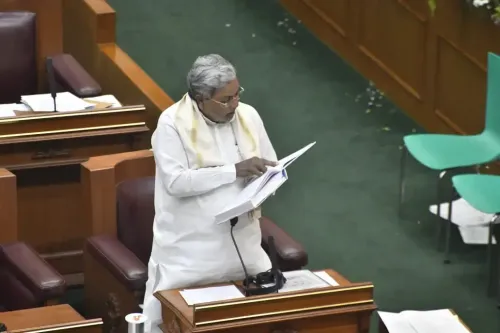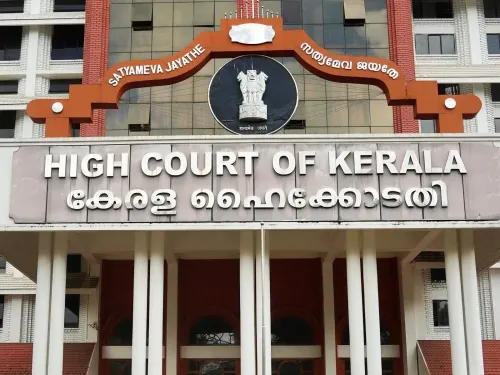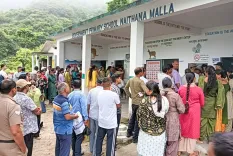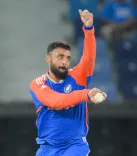Did the Pahalgam attack deeply affect judiciary? Justice B.R. Gavai thinks so
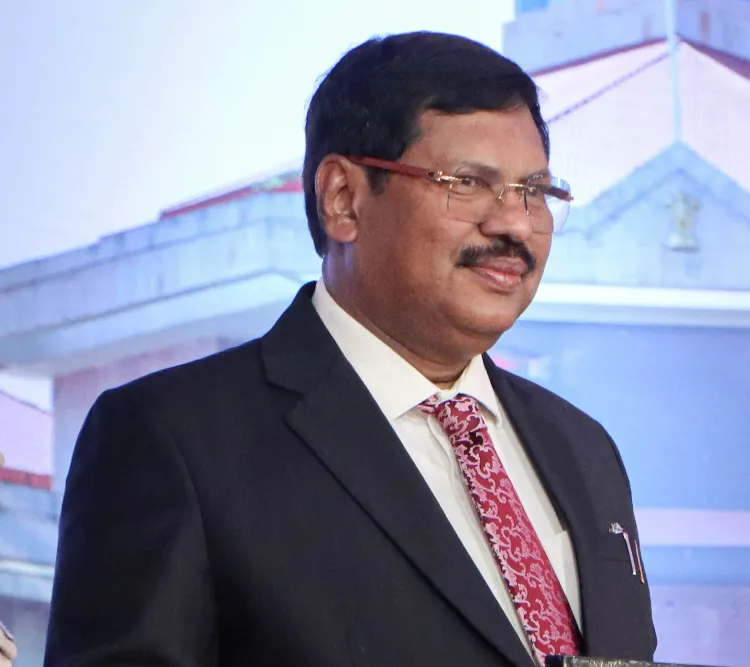
Synopsis
Key Takeaways
- Justice Gavai is saddened by the Pahalgam attack.
- He emphasizes the importance of the Constitution.
- He will not engage in politics after retirement.
- He believes in the unity of all religions.
- Judicial accountability should extend to High Court judges.
New Delhi, May 11 (NationPress) As Justice B.R. Gavai prepares to take the oath as the 52nd Chief Justice of India on May 14, he expressed his deep sorrow over the unfortunate event in Pahalgam, emphasizing that the Supreme Court cannot remain indifferent during the nation's mourning.
In a casual discussion with the media, Justice Gavai, the son of former Bihar governor R.S. Gavai, is proud to be on the verge of becoming the first Buddhist Chief Justice in the country.
“My father embraced Buddhism alongside Baba Saheb Ambedkar. I will be the first Buddhist Chief Justice of India,” he stated.
He expressed his belief in all religions, mentioning, “I visit temples, dargahs, Jain temples, and gurudwaras.”
Addressing concerns about judicial overreach and criticisms aimed at the judiciary by constitutional authorities, Justice Gavai asserted, “People may express their views, but the Constitution is paramount. This was highlighted in the ruling of the 13-judge bench in Kesavananda Bharati.”
Regarding the India-Pakistan conflict and the ceasefire agreement, he remarked, “War brings no benefits.”
“We have two ongoing wars as examples—how long has the conflict in Ukraine persisted, and what have we gained from it? The answer is nothing,” he commented.
Reflecting on the tragic April 22 incident in Pahalgam, he expressed his sorrow upon reading about it in the morning newspapers.
Discussing the Supreme Court's response to the terror attack, he mentioned, “The Chief Justice was abroad during that time. After contacting him, we decided to observe two minutes of silence for the victims of the Pahalgam terrorist attack, which was observed.”
“As responsible citizens of this nation, we too are affected. When the country mourns, the Supreme Court cannot remain detached,” he added.
On his plans after retirement, Justice Gavai stated that he has no aspirations to enter politics. “My father was a prominent leader in Maharashtra and served as the governor of several states, including Bihar. However, I do not wish to pursue a political career. The politics of that era was different,” he remarked.
He clarified that he will not accept any political positions after retirement. “Once you become the CJI, you should avoid taking posts that rank lower than CJI in the protocol, including governorship,” he asserted.
On accountability and transparency, Justice Gavai proposed that High Court judges should also disclose their assets similar to Supreme Court judges.


